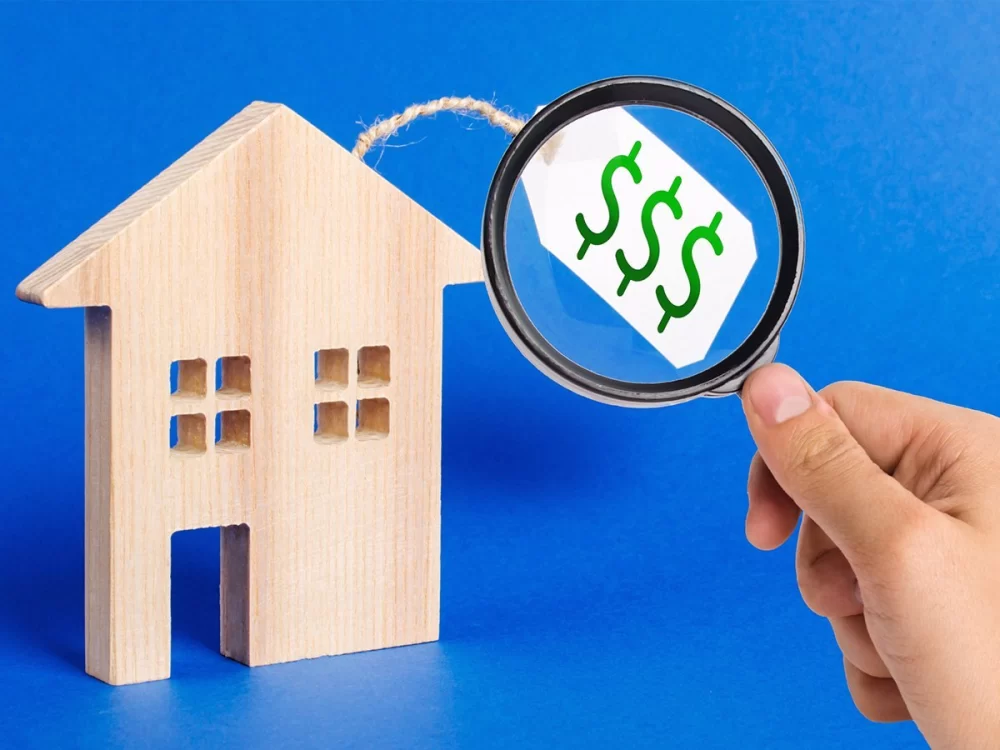
- Understanding Home Market Value
- Methods for Calculating Market Value
- Factors Affecting Your Home’s Value
- Using a Professional Appraiser
- Real-Life Example of Market Value Calculation
- Conclusion
Understanding Home Market Value
When it comes to selling or buying a property, understanding how to calculate your home’s market value is essential. The market value of a home refers to the price that a buyer is willing to pay for it in an open and competitive market, assuming no unusual conditions exist. Calculating this value accurately can help sellers price their homes correctly, avoid underpricing or overpricing, and ensure a fair transaction.
Methods for Calculating Market Value
There are several methods to determine your home’s market value, each with its own advantages. Below are the most common methods:
1. Comparative Market Analysis (CMA)
The Comparative Market Analysis is a widely used method in real estate. It involves comparing your home with similar properties that have recently sold in the same area. Real estate agents often perform CMAs to determine a fair market value. By assessing factors like size, location, and condition, they help you arrive at an appropriate listing price. This method can be quite accurate, especially when there are many similar homes in your neighborhood.
2. Professional Appraisal
A professional appraiser can provide an unbiased estimate of your home’s market value. Appraisers consider a variety of factors, including your home’s condition, location, and recent sales of similar properties. While this service comes at a cost, it provides an expert, certified evaluation of your property. A professional appraisal is often required by banks when financing a home purchase.
3. Online Home Value Estimators
Online tools, such as Zillow’s Zestimate or Redfin’s estimate, can provide an estimate of your home’s market value based on public data and recent sales trends. While these tools are convenient and free, they may not always reflect the true market value since they rely on algorithms rather than hands-on inspections. However, they can offer a starting point for homeowners looking to get a quick estimate.
Factors Affecting Your Home’s Value
Several factors influence the market value of your home. Understanding these variables can help you better assess its value and make informed decisions. Here are some of the most significant factors:
1. Location
One of the most important factors affecting home value is its location. Proximity to schools, parks, shopping centers, public transportation, and even the overall neighborhood’s reputation can significantly impact a home’s desirability and value. Homes in highly sought-after locations tend to have higher market values.
2. Home Size and Condition
The size of your home—both the square footage and the number of bedrooms and bathrooms—plays a crucial role in its market value. Larger homes generally command higher prices. Additionally, the home’s condition, including the age of the roof, appliances, and overall upkeep, directly affects its value. Well-maintained homes are typically worth more than those that need repairs or renovations.
3. Market Conditions
The current state of the real estate market also impacts home values. In a seller’s market, where demand exceeds supply, homes may sell for higher prices. Conversely, in a buyer’s market, where there are more homes for sale than buyers, home values may decrease. The broader economy, interest rates, and local market trends also influence the value of properties.
Using a Professional Appraiser
If you want a precise, authoritative figure for your home’s market value, hiring a professional appraiser is your best option. Appraisers use a combination of factors, including the sales history of your home and the condition of the property, to produce an appraisal. They are trained to assess the market and apply specific valuation methods. While this option requires a fee, it’s ideal if you want a reliable and unbiased evaluation, especially when you are in the process of buying or selling.
Real-Life Example of Market Value Calculation
Let’s consider the example of Jane, a homeowner in a suburban area. She wants to sell her property and is wondering how to calculate her home’s market value. Jane’s real estate agent conducts a CMA by comparing her home with three similar homes in her neighborhood that sold recently. Based on the square footage, upgrades to the kitchen, and proximity to a local park, the agent estimates her home’s value at $350,000. Jane also uses an online estimator, which gives her an estimate of $340,000. She decides to trust the CMA for her listing price, but later has a professional appraiser confirm that her home’s market value is closer to $345,000. This process gave Jane a clear understanding of her property’s value and helped her set a competitive price for the market.
Conclusion
Understanding how to calculate your home’s market value is essential whether you’re buying, selling, or refinancing a property. By using methods like a Comparative Market Analysis, professional appraisals, and online home value estimators, you can determine an accurate value for your home. Keep in mind that market conditions, location, and the condition of your property all play key roles in your home’s worth. If you’re looking for the right products, services, or properties related to your real estate needs, be sure to check out our offerings at Your Private Space to find the best deals tailored to your needs.








